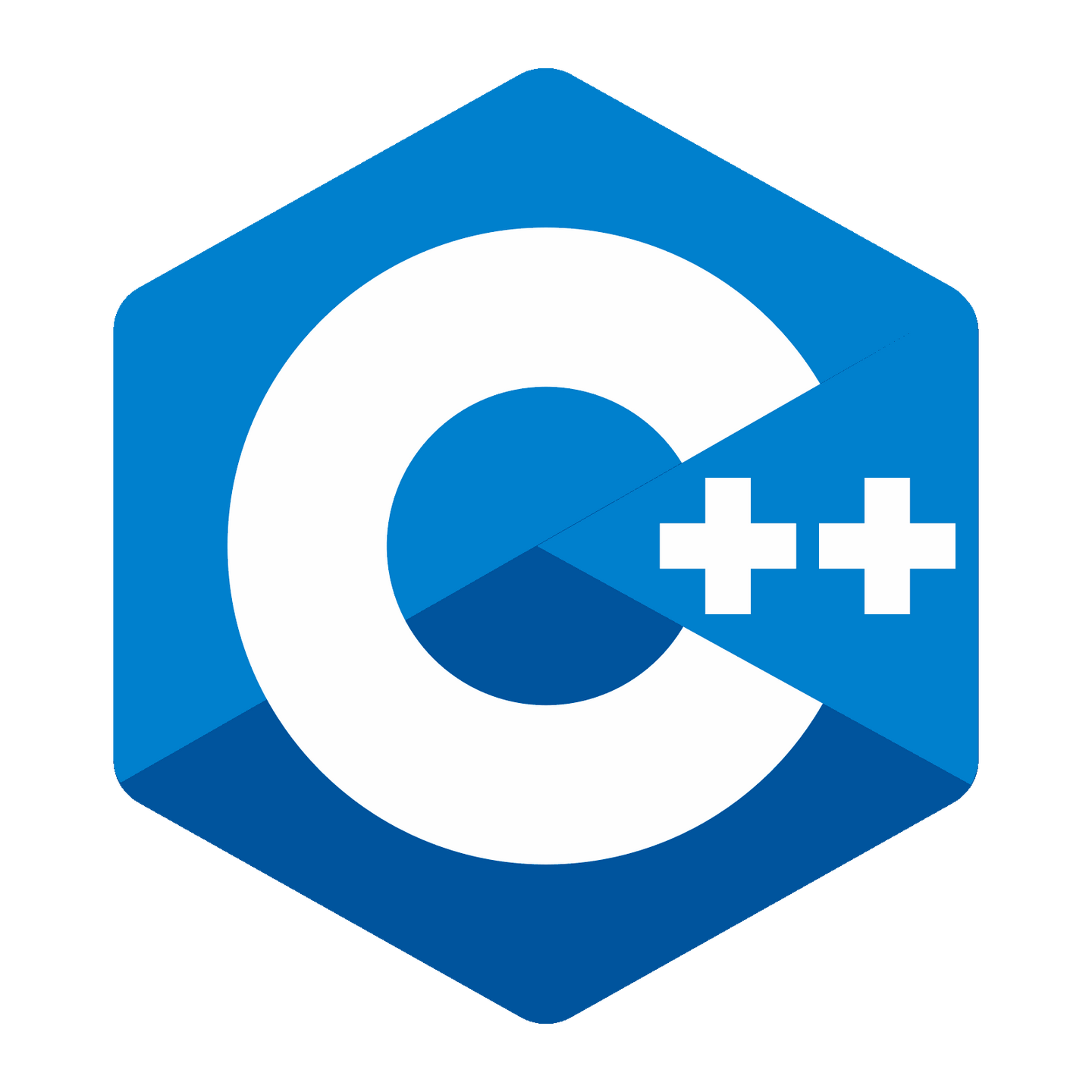推荐使用nlohmann/json、RapidJSON或JsonCpp处理C++中JSON数据:新项目首选nlohmann/json因其简洁现代的语法;高性能场景选用RapidJSON,具备高效解析能力;老旧系统可选JsonCpp以兼容旧标准。

在C++中处理JSON数据通常依赖第三方库,因为标准库并不直接支持JSON解析与生成。以下是几种常见的方法和推荐使用的库,帮助你高效地解析和生成JSON数据。
使用nlohmann/json(现代C++首选)
nlohmann/json 是一个流行的单头文件库,专为现代C++(C++11及以上)设计,语法简洁直观,非常适合快速开发。
优点:- 无需编译,只需包含头文件
- API友好,支持类似JavaScript的对象访问语法
- 良好支持STL容器和自定义类型
示例代码:

本文档主要讲述的是使用JSON进行网络数据交换传输;JSON(JavaScript ObjectNotation)是一种轻量级的数据交换格式,易于阅读和编写,同时也易于机器解析和生成,非常适合于服务器与客户端的交互。JSON采用与编程语言无关的文本格式,但是也使用了类C语言的习惯,这些特性使JSON成为理想的数据交换格式。 和 XML 一样,JSON 也是基于纯文本的数据格式。由于 JSON 天生是为 JavaScript 准备的,因此,JSON的数据格式非常简单,您可以用 JSON 传输一个简单的 St
#include#include using json = nlohmann::json;
立即学习“C++免费学习笔记(深入)”;
int main() { // 解析JSON字符串 std::string json_str = R"({"name": "Alice", "age": 30, "city": "Beijing"})"; json j = json::parse(json_str);
std::cout zuojiankuohaophpcnzuojiankuohaophpcn "Name: " zuojiankuohaophpcnzuojiankuohaophpcn j["name"] zuojiankuohaophpcnzuojiankuohaophpcn ", Age: " zuojiankuohaophpcnzuojiankuohaophpcn j["age"] zuojiankuohaophpcnzuojiankuohaophpcn "\n"; // 生成JSON json output; output["name"] = "Bob"; output["score"] = 95.5; output["hobbies"] = {"reading", "coding"}; std::cout zuojiankuohaophpcnzuojiankuohaophpcn output.dump(4) zuojiankuohaophpcnzuojiankuohaophpcn std::endl; // 格式化输出,缩进4格}
使用RapidJSON(高性能场景)
RapidJSON 是腾讯开源的C++ JSON库,强调性能和内存效率,适合对速度要求高的项目。
特点:
- 支持SAX和DOM两种解析模式
- 零依赖,可配置内存管理
- 适用于嵌入式或服务端高频处理场景
示例代码:
#include#include "rapidjson/document.h" #include "rapidjson/stringbuffer.h" #include "rapidjson/writer.h" using namespace rapidjson;
int main() { const char* json_str = R"({"user": "Tom", "active": true})";
Document doc; doc.Parse(json_str); if (doc.HasMember("user") && doc["user"].IsString()) { std::cout zuojiankuohaophpcnzuojiankuohaophpcn "User: " zuojiankuohaophpcnzuojiankuohaophpcn doc["user"].GetString() zuojiankuohaophpcnzuojiankuohaophpcn "\n"; } // 生成JSON StringBuffer buffer; WriterzuojiankuohaophpcnStringBufferyoujiankuohaophpcn writer(buffer); writer.StartObject(); writer.Key("id"); writer.Int(1001); writer.Key("valid"); writer.Bool(true); writer.EndObject(); std::cout zuojiankuohaophpcnzuojiankuohaophpcn buffer.GetString() zuojiankuohaophpcnzuojiankuohaophpcn std::endl;}
使用JsonCpp(老牌稳定选择)
JsonCpp 是较早出现的C++ JSON库,广泛用于旧项目,API清晰,文档丰富。
适用情况:
- 维护老系统或团队已有技术栈
- C++98兼容需求
基本用法:
#include#include int main() { Json::Value root; Json::Reader reader;
std::string json_str = R"({"title": "C++ Guide", "pages": 250})"; if (reader.parse(json_str, root)) { std::cout zuojiankuohaophpcnzuojiankuohaophpcn "Title: " zuojiankuohaophpcnzuojiankuohaophpcn root["title"].asString() zuojiankuohaophpcnzuojiankuohaophpcn "\n"; std::cout zuojiankuohaophpcnzuojiankuohaophpcn "Pages: " zuojiankuohaophpcnzuojiankuohaophpcn root["pages"].asInt() zuojiankuohaophpcnzuojiankuohaophpcn "\n"; } // 构建JSON Json::Value output; output["status"] = "ok"; output["count"] = 10; Json::FastWriter writer; std::cout zuojiankuohaophpcnzuojiankuohaophpcn writer.write(output) zuojiankuohaophpcnzuojiankuohaophpcn std::endl;}
如何选择合适的库?
根据项目需求做出合理选择:
- 新项目、注重开发体验 → 推荐 nlohmann/json
- 性能敏感、低延迟 → 选用 RapidJSON
- 遗留系统或需兼容旧编译器 → 考虑 JsonCpp
基本上就这些。引入对应库后,读写JSON就能像操作对象一样自然。注意处理异常(如解析失败),并在生产环境中做必要的输入校验。






























